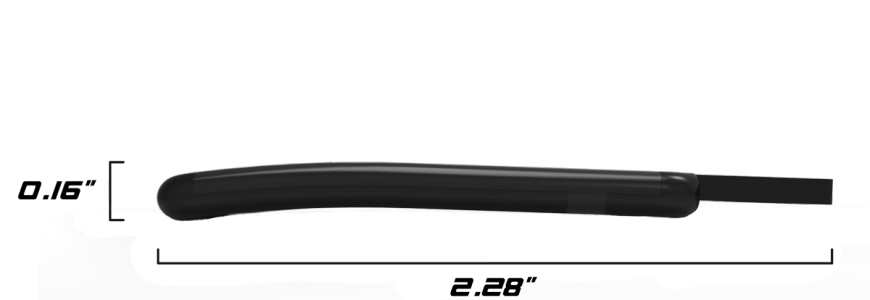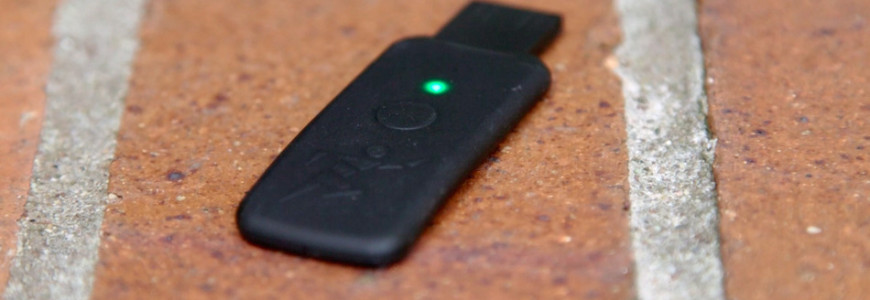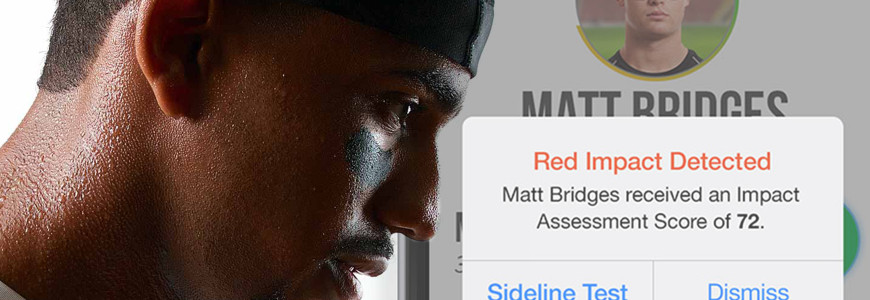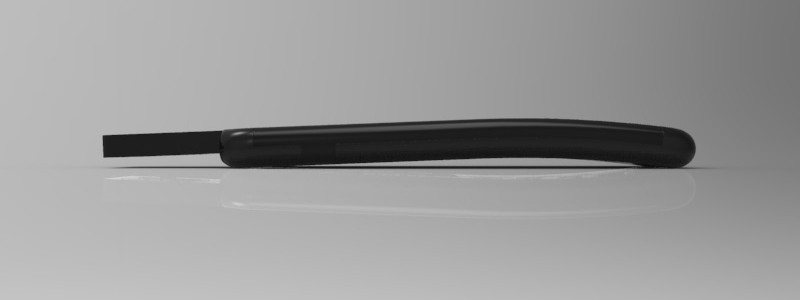By James Niccolai
They dont make a lot of headlines, but the tiny sensors that track movement, orientation and pressure are the quiet heroes of the International CES.
Properly known as micro-electro-mechanical systems, or MEMS, the sensors really do have impossibly small mechanical parts and are mounted on chips just a few millimeters across.
Smartphones contain dozens of them, and the popularity of those devices has driven down prices for MEMS and allowed them to be used in other products where they might otherwise have been too expensive.
Take the Linx Impact Assessment System, a device on show here that weighs a little more than a penny and fits into a headband or skull cap to monitor athletes for concussion-causing collisions.
The Linx IAS contains a 3-axis accelerometer, a 3-axis gyroscope, and low-power Bluetooth Smart technology to transmit collision data to the sidelines, with the goal of helping trainers and doctors to identify and treat potential injuries more quickly. It’s available for pre-order from BlackBox Biometrics, which says it will ship the product soon.
MEMS are in virtually every wearable computer and fitness gadget at CES, including a chest band from Wahoo Fitness that counts how many push-ups youve done, or the ShotTracker device that records how many shots a basketball player has attempted.
Along with products containing sensors, there are new MEMS components being announced at CES this week. Bosch Sensortec, a big maker of sensors, announced what it calls is the world’s first environmental device combining sensors for pressure, humidity, temperature and indoor air quality.
The device could find its way into smart smoke alarms for the home, or into smartphones that share their data to provide new insights about atmospheric pollution and weather. Bosch says samples will ship to device makers this quarter.
Another company, PNI Sensor, is introducing a bracelet-like development kit that’s packed with sensors from different vendors that PNI has pre-integrated, allowing other companies to get devices like smart watches and fitness bands to market more quickly. The kit, including connectivity and a programmable processor, is available now for US$299.
There are whole conference tracks at CES devoted to MEMS, though they may draw few attendees outside the industry. But without MEMS, a lot of the smart gadgets at CES would be a lot less clever.
MEMS sensors are the quiet heroes of CES | PCWorld.com







